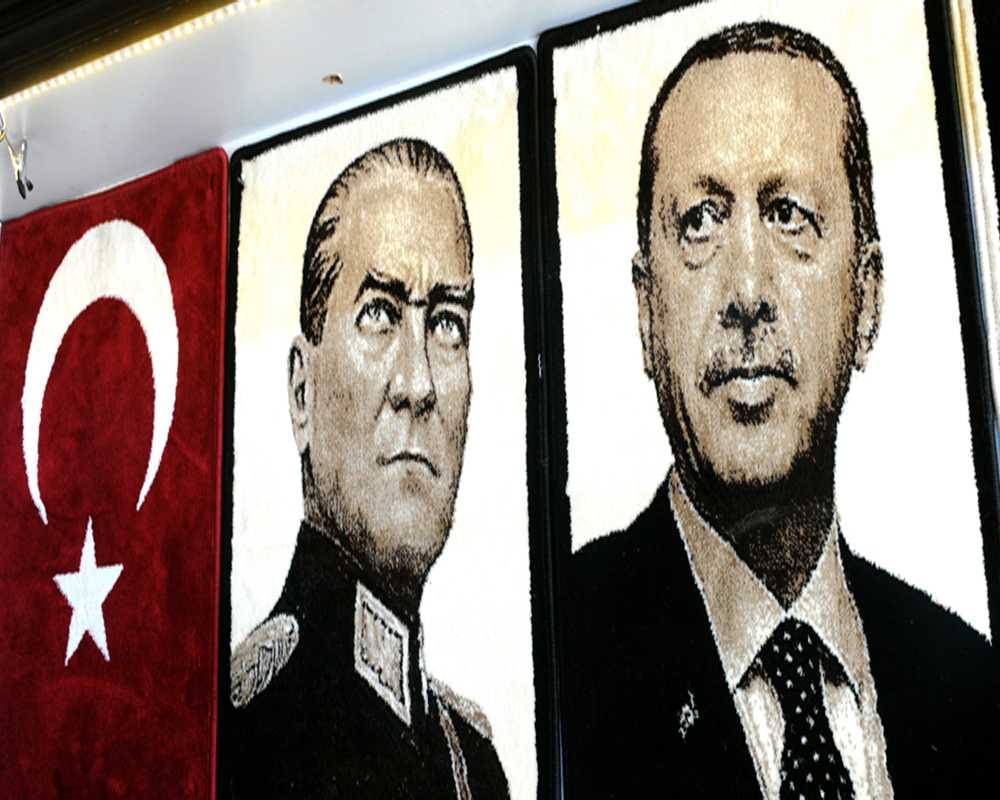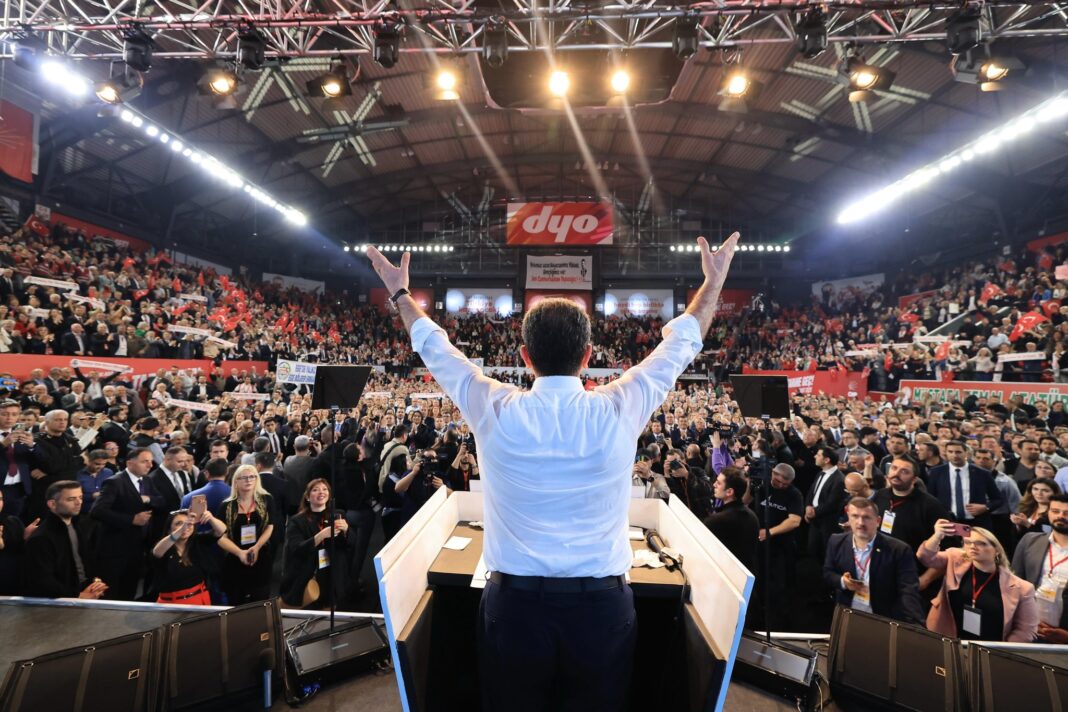Turkey’s strongman Recep Tayyip Erdogan has just put his heavy foot on the Turkish democratic scale and tipped the balance in his favor. A few days ago, his government arrested his main opposition leader, 55-year-old Ekrem Imamoglu, the mayor of Istanbul, on trumped up charges of corruption. The charges are a ruse to remove the main obstacle in his way to win the next election scheduled for 2028. Mr. Imamoglu has been running ahead of Mr. Erdogan in polls by a wide margin.
His arrest sparked the biggest protests in over a decade all over the country and they are still going on. The state authorities have arrested 1,800 protesters and at least 10 journalists. The protesters in Istanbul and elsewhere face tear gas, water cannons, and rubber bullets.
Erdogan has gone through an interesting transformation from a democratic reformer to an autocrat. In the 1990s he campaigned as an Islamist against secularism. He was able to tap into the mounting frustration of Turks who were against aggressive secularism that had relegated religion to an inferior status.
In 1923, after WWI, Kemal Ataturk, an army officer, picked up the pieces of a dismembered Ottoman Empire and laid the foundations of modern Turkey. Having an extremely negative view of religion, he not only separated the state from religion, he threw the baby out with the proverbial bath water.
Most public expression of religion like fez hats for men and headscarves for women were banned. Secularism became the de facto religion of the state.
Mr. Erdogan, a practicing Muslim, rose to national prominence from the mayor’s office in Istanbul. He successfully campaigned on the issue of secularism and was elected as prime minister in 2003.
In 23 years, Mr. Erdogan has amassed enormous powers, first as prime minister and since 2017 as president. He was successful in eliminating the overarching influence of Turkish armed forces in everyday lives of Turkish people. The generals had staged four coups against the civilian governments since 1960. When they ruled the country, they also amassed and concentrated economic power within army institutions.
Last time the army attempted a coup was in 2016, but it was thwarted by large crowds of civilian population who took to the streets in support of Mr. Erdogan. Not many countries have been able to send the soldiers back to the barracks. The attempted coup provided Mr. Erdogan the opportunity to change the constitution and make Turkey a presidential form of government where he is not hamstrung by the intricacies of a parliamentary system.
In recent years Mr. Erdogan has also neutralized the courts and the press. With the army out of the way and courts and press subservient he has had a free hand to perpetuate his rule.





